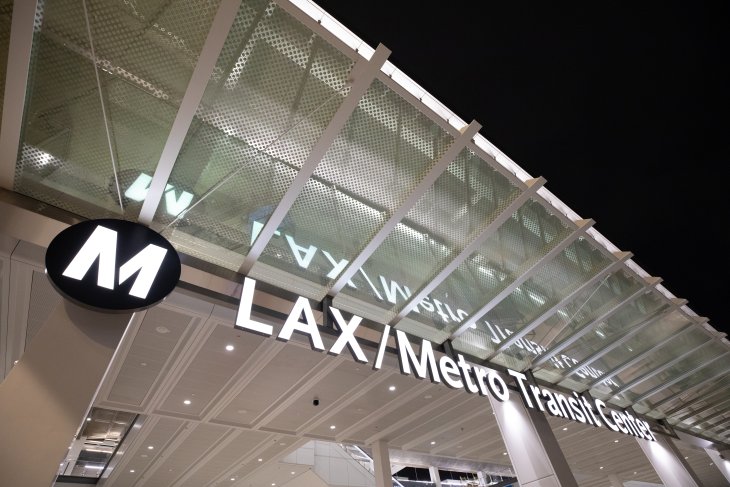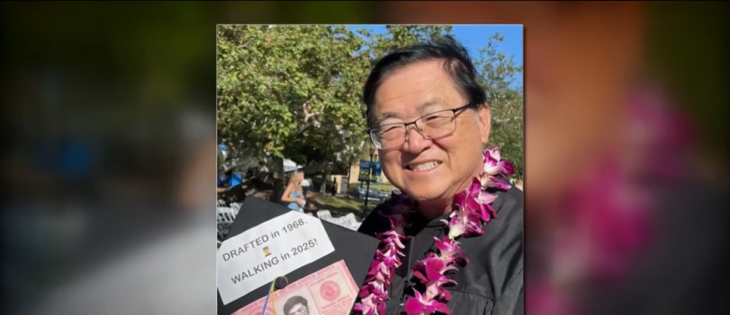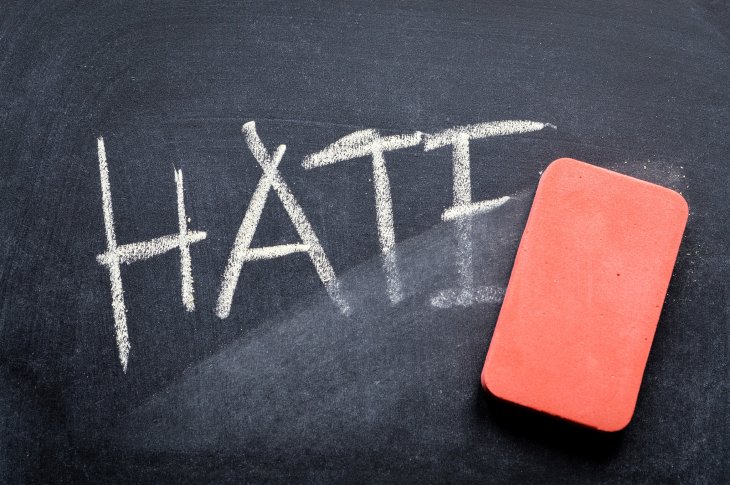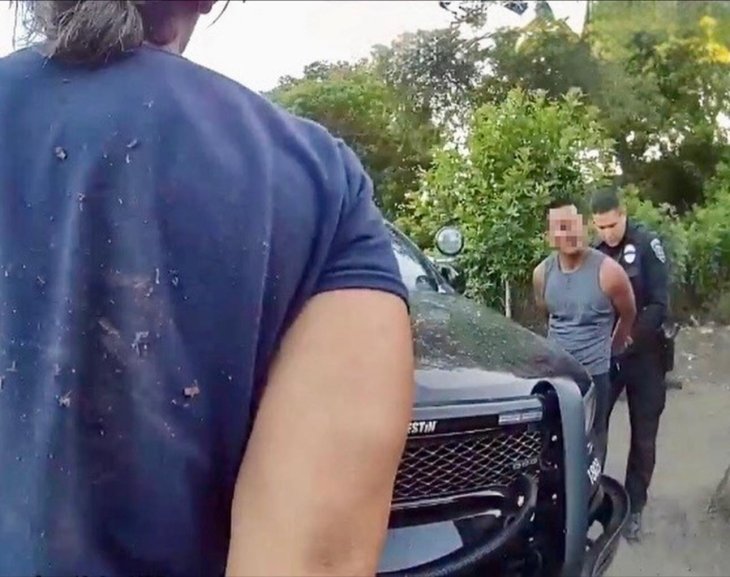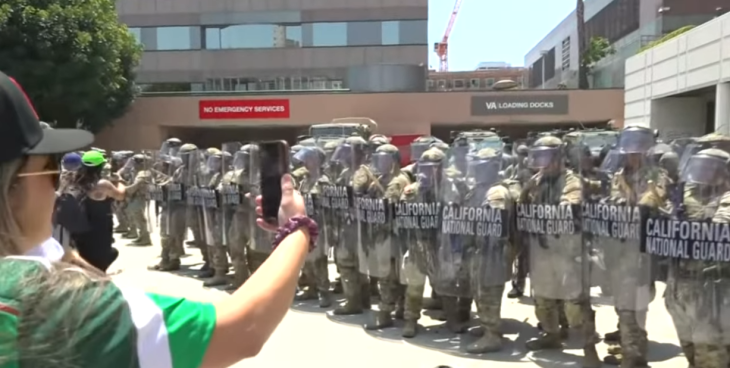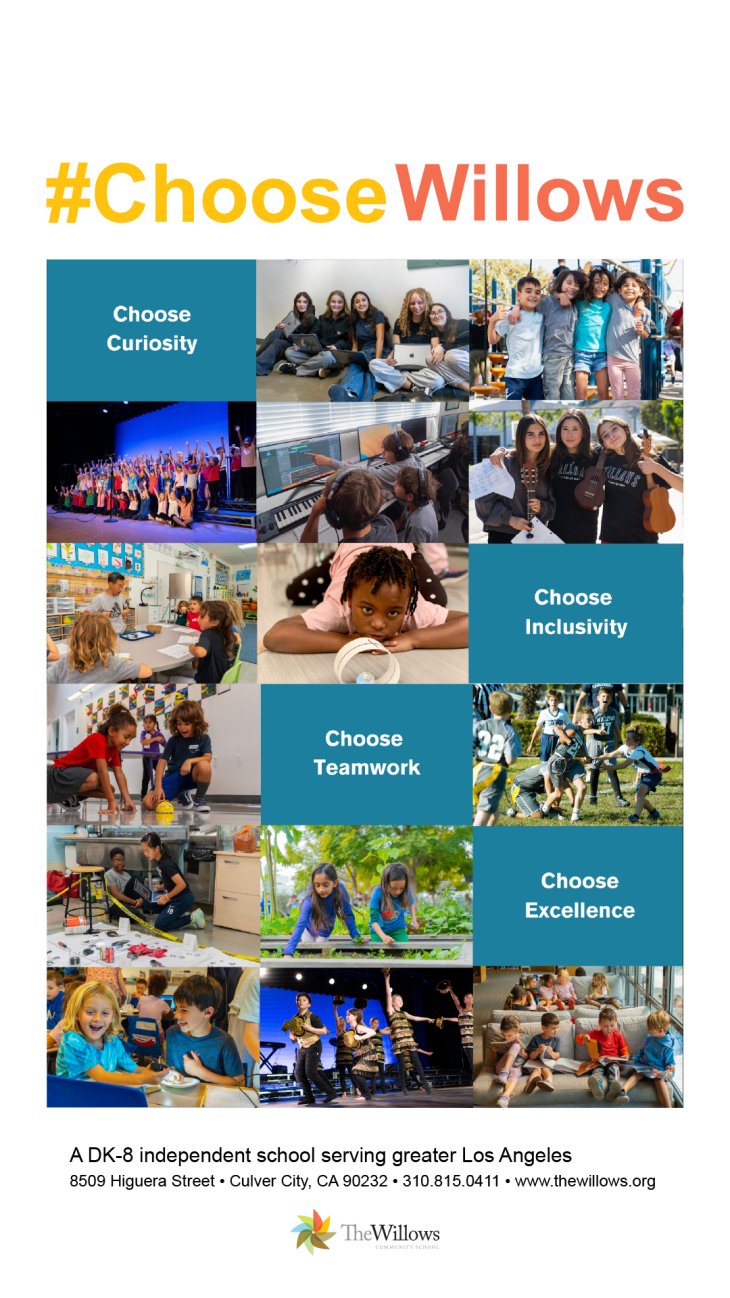“Am I ready to serve everyone as I think I am?”
Providers of the Los Angeles County Department of Mental Health (LACDMH) ask themselves this question, determined to address their own implicit bias when caring for the LGBTQIA2-S+ (Lesbian, Gay, Bisexual, Transgender, Questioning, Intersex, Asexual and Two-Spirit) community.
A spectrum of mental health services supporting the mental health, well-being and affirming care are offered, while the department pays keen attention to the constantly changing dynamic of healthcare related to that community’s needs.
To better support the LGBTQIA2-S+ community, the LACDMH has implemented trainings and networks within the facilities that support employee growth.
The first is the LGBTQIA2-S+ Champion Network — a network of clinical and nonclinical staff at all levels and backgrounds that participate in ongoing training and education — identified by a rainbow lanyard as a safe person.
“Study areas of gender and sexuality are dynamic and constantly changing, and keeping up is the key to serving the population,” said riKu Matsuda, Senior Human Relations Consultant for LACDMH.
The second are employee resource groups, workforce employment training and anti-racism, diversity and inclusion training, offered to all staff, clinical and nonclinical providers, of gender affirming care.
“Historically, our communities have not had safe access to traditional institutions. In order to combat that stigma, we want to inform communities that we are here and becoming safer and safer,” Matsuda said.
Discrimination, prejudice, rejection and violence, in addition tofamily rejection, hopelessness, minority stress, trauma and other experiences are only some of the factors that impact people’s ability to access mental healthcare.
“If your daily experience is rejection, then the idea that you have a safe place to go, how would you know? How do you know there are providers that are there for you if you’ve only experienced rejection?” Matsuda said.
“Folks have been told it’s not okay to be who they are. They’ve been told who they are is wrong and they should change. We’re here to provide care and support for those individuals. We have trained clinicians with expertise in all levels of trauma, violence and affirming care,” Matsuda continued.
A recent TransPop study found that adults who are transgender are seven times more likely to contemplate suicide, four times more likely to attempt suicide and eight times more likely to engage in non-suicidal self-injury.
Something as simple as using someone’s affirmed name or pronouns can make a difference, Matsuda said.
“People will say, I don’t know what the big deal with pronouns, or I forget their new name. Using someone’s affirmed name and pronouns are small steps to potentially save someone’s life, or at minimum, make someone’s day,” Matsuda said.
For a detailed list of resources available to the LGBTQIA2-S+ community, visit https://dmh.lacounty.gov/resources/lgbtq-resources.
If you are a victim, or witness of, a hate incident or hate crime, you can report the incident/crime by calling 211. To connect with the LACDMH Mental Health Help Line, call 1-800-854-7771. Dial 988 for suicide and crisis lifeline support.


